During Council’s last scheduled work session for the fiscal year 2023-24 budget on April 11, some members appeared to reverse course on a previous push to freeze residential water fees.
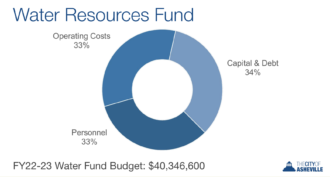

During Council’s last scheduled work session for the fiscal year 2023-24 budget on April 11, some members appeared to reverse course on a previous push to freeze residential water fees.
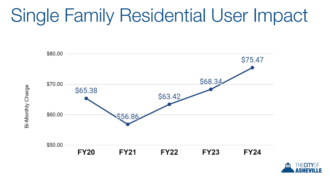
Residential customers pay higher rates for water than do commercial or industrial water consumers — $4.77 and $4.20 per cubic foot for single-family and multi-family housing, respectively, compared to as little as $2.29 per cubic foot for large manufacturers. Several members of Council said that the discrepancy was troubling.
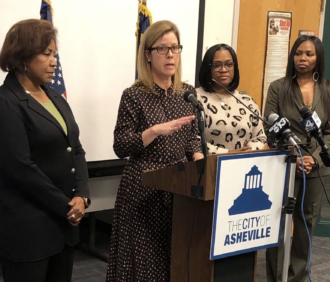
Asheville’s water may be restored, but the spigot of information from city officials is still clogged.

During the Jan. 3 meeting of the Buncombe County Board of Commissioners, Asheville Mayor Esther Manheimer fielded questions about the chain of events that left tens of thousands without water over the Christmas and New Year’s holidays.
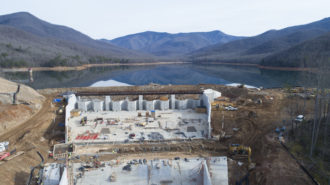
The three-year construction project brings the North Fork Dam up to North Carolina state standards for safety and adds climate resilience to Asheville’s largest water source. The work marks the largest renovation of the dam and its accompanying North Fork Reservoir since the facility’s opening in 1955.
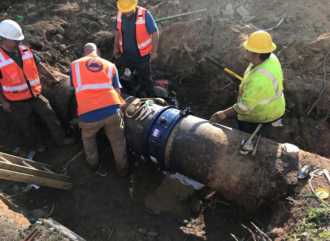
Two lawsuits filed in 2018, both of which reached final settlements on June 8, challenged several of the fees Asheville has used to raise money for repairs and updates to the water system. Together, the settlements could have the city pay nearly $2 million to dismiss claims that those fees were charged illegally and prevent the collection of $37 million in fees over the next five years.
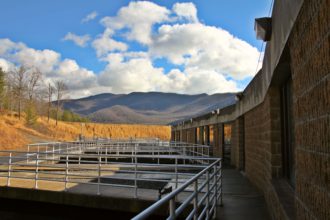
Last October, the N.C. Department of Environmental Quality placed stricter controls on what outside materials MSD could accept, thus barring the plant from taking Asheville’s treatment residuals. The city’s current plan is to landfill the sludge in Buncombe County and Concord, N.C. — at over 2 1/2 times the cost of its previous disposal arrangement.
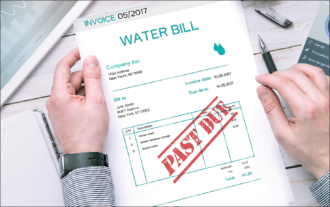
On the social media site Nextdoor, multiple residents say they haven’t received utility bills before getting the associated delinquent notice. The city, which has collected over $820,000 in late fees every fiscal year since at least 2015-16, says there are no plans to change billing systems or research improvements to the current approach.
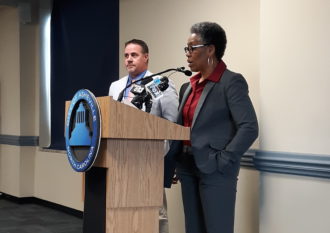
Over the next few days, said Water Resources Director David Melton, customers may need to flush their water lines and hot water heaters to clear residual sediment. He said that city staff would work to make billing adjustments for customers who used additional water for this purpose.

Local water, barley, yeast and hops providers discuss their roles in keeping Asheville one of the nation’s top beer producers.